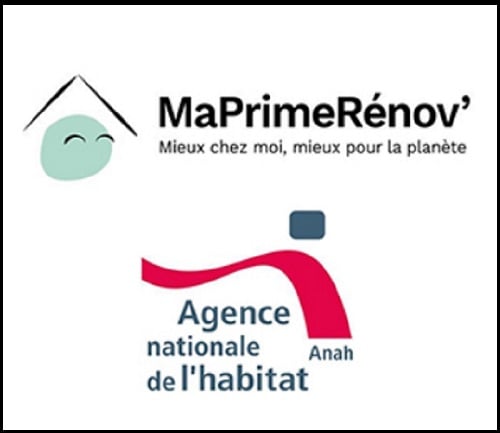
Financial Assistance for Home Improvement
15th Jan 2025
Eligibility rules may have been tightened and grant levels reduced for most households, but the range of assistance available still merits consideration.
To read the article you can take out a premium subscription for €25/YEAR at Subscribe to France Insider.
A premium subscription will also give you unrestricted access to the complete back catalogue of our articles.
You can see the full catalogue at France Insider News.
If you no longer wish to hear from us simply unsubscribe using the link below.
Enjoy your reading,
The Team at France Insider